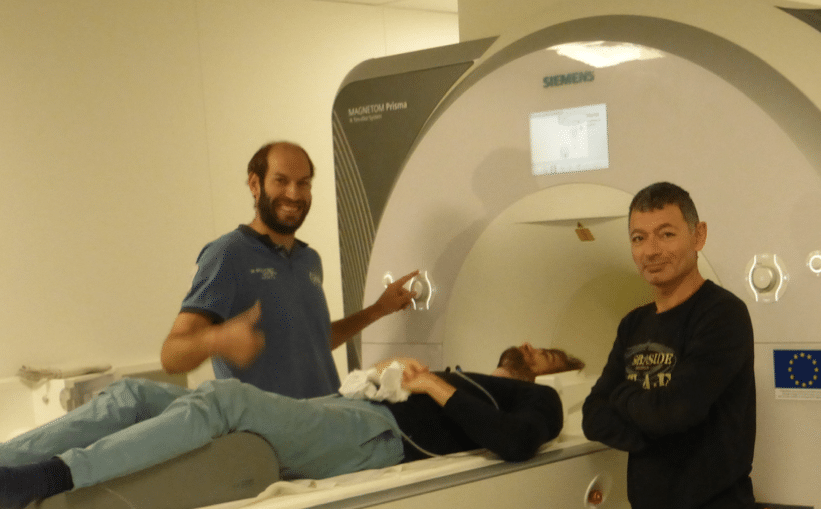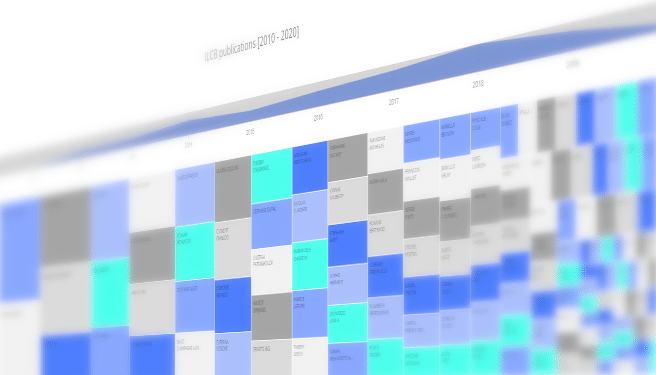
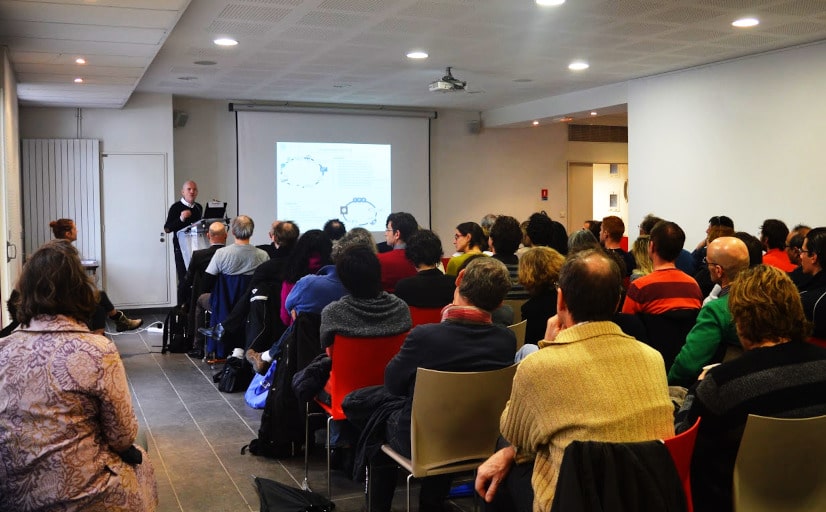
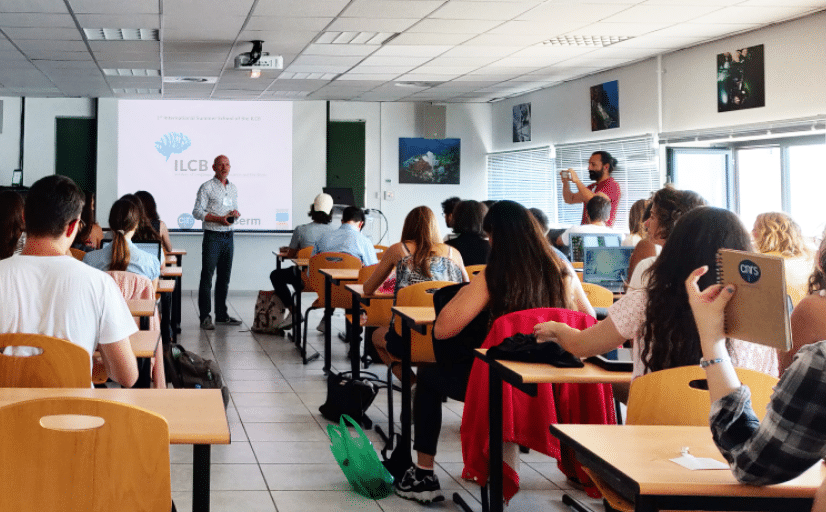
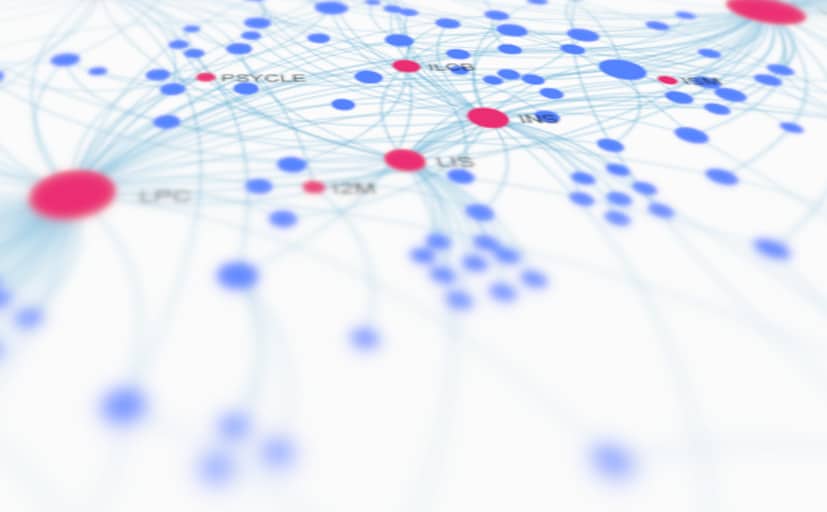
FEATURED PUBLICATIONS
Speaking to a common tune: Betweenspeaker convergence in voice fundamental frequency in a joint speech production task Vincent Aubanel, Noël Nguyen
2020 PLOS/ONE
read more >>
Learning to Read and Dyslexia: From Theory to Intervention Through Personalized Computational Models Johannes C. Ziegler, Conrad Perry, Marco Zorzi
2020 Current Directions in Psychological Science
read more >>
Error-based learning and lexical competition in word production: Evidence from multilingual naming Elin Runnqvist, Kristof Strijkers, Albert Costa
2019 PLOS/ONE
read more >>
Constraints on the lexicons of human languages have cognitive roots present in baboons (Papio papio) Emmanuel Chemla, Isabelle Dautriche, Brian Buccola, and Joël Fagot.
2019 PNAS
read more >>
High-fidelity copying is not necessarily the key to cumulative cultural evolution: a study in monkeys and children Carmen Saldana, Joël Fagot, Simon Kirby, Kenny Smith, Nicolas Claidière
2019 Proceedings of the royal society B
read more >>
Bringing together experts in linguistics, neuroscience, psychology, medicine and computer science to understand and to model the way that language functions.
The objective is to create a generic model of the processing of language and its cerebral bases.
SUMMER SCHOOL
The 3d Edition of the ILCB Summer School offers Introductory, Intermerdiate and Advanced Classes in four core fields of Cognitive Science, reflecting the expertise of the Institute.
read more >>
PhD PROGRAM
An interdisciplinary focus on language research, with interdisciplinary theory and practice trainings at basic and advanced level courses in all relevant disciplines.
read more >>
MASTER
The MaSCo, a new MA in Cognitive Science, provides an advanced scientific curriculum on human cognition, as well as a technological and methodological expertise in evaluation, analysis and modeling of cognitive processes.
read more >>
TRAINING
Advanced trainings are offered to the ILCB members
read more >>
Recent
news and events
Upcoming Events Loop
It seems we can’t find what you’re looking for. Perhaps searching can help.
Post Loop
Inter‐individual variability in dorsal stream dynamics during word production
Catherine Liégeois-Chauvel, Anne-Sophie Dubarry, Irene Wang, Patrick Chauvel, Jorge Gonzalez-Martinez, & F.‐Xavier Alario European Journal of Neuroscience, 2022, 56 (7), 5070-5089 — @HAL The current standard model of language production involves a sensorimotor dorsal stream connecting areas in the temporo-parietal junction with those in the inferior frontal gyrus and lateral premotor cortex. These regions have […]
Age effect in expert cognitive flexibility in Guinea baboons (Papio papio)
Julie Gullstrand, Nicolas Claidière, & Joel Fagot Behavioural Brain Research (2022), 434, 114043 — @HAL Cognitive flexibility in non-human primates is traditionally measured with the conceptual set shifting task (CSST). In our laboratory, Guinea baboons (N = 24) were continuously tested with a CSST task during approximately 10 years. Our task involved the presentation of […]
Probability matching is not the default decision making strategy in human and non-human primates
Carmen Saldana, Nicolas Claidière, Joël Fagot, & Kenny Smith Scientific Reports, 2022, 12, 13092 — @HAL Probability matching has long been taken as a prime example of irrational behaviour in human decision making; however, its nature and uniqueness in the animal world is still much debated. In this paper we report a set of four […]
Magnetoencephalography can reveal deep brain network activities linked to memory processes
Víctor López-Madrona, Samuel Medina Villalon, Jean‐michel Badier, Agnès Trébuchon, Velmurugan Jayabal, Fabrice Bartolomei, Romain Carron, Andrei Barborica, Serge Vulliémoz, F.‐Xavier Alario, & Christian Bénar Human Brain Mapping, 43 (15), 4733-4749 — @HAL Recording from deep neural structures such as hippocampus noninvasively and yet with high temporal resolution remains a major challenge for human neuroscience. Although […]
Une syntaxe domaine-général utile à la motricité et au langage, réplications.
Raphaël Py (LPC & LNC), Marie Montant (LPC), & Marie-Hélène Grosbras (LNC)
Margaux Lê
Margaux Lê was awarded a 2022 ILCB post-doc grant to conduct a project on rhythmic skills in dysgraphia with Marianne Jover (PsyClé), Aline Frey (LNC), and Jeremy Danna (LNC, CLLE). Margaux started to investigate rhythmic processing in children with neuro-developmental disorders (DCD and/or DD) with Jessica Tallet during her MSc at the University of Toulouse. She […]
Shreejata Gupta (Diya)
Shreejata Gupta was awarded a 2022 ILCB Postdoctoral Fellowship. She will study how the perception and use of gestures by infants could be an excellent window to peek into their pre-verbal minds in order to understand early development of empathy. In collaboration with Isabelle Dautriche (LPC) and Clément François (LPL), Shreejata will combine eyetracking, EEG […]
Jules Cauzinille
Jules Cauzinille was awarded a 2022 ILCB PhD grant to conduct a project under the supervision of Benoît Favre (LIS), in collaboration with Arnaud Rey (LPC), Thierry Legou (LPL), and Ricard Marxer (Université de Toulon). Jules obtained a bachelor’s degree in computational linguistics and a master’s degree in natural language processing at Université Paris Cité. […]
MIA: An open-source toolbox for Multi-patient Intracranial EEG Analysis
Intracranial EEG (iEEG) performed during the pre-surgical evaluation of refractory epilepsy provides a great opportunity to investigate the neurophysiology of human cognitive functions with exceptional spatial and temporal precisions. A difficulty of the iEEG approach for cognitive neuroscience, however, is the potential variability across patients in the anatomical location of implantations and in the functional […]
Bissera Ivanova
Bissera Ivanova was awarded a 2022 ILCB PhD grant to conduct a project under the supervision of Kristof Strijkers (LPL), Benjamin Morillon (INS), and Liina Pylkkänen from New York University (NYU), to explore the spatio-temporal dynamics of syntax processing between the production and perception modalities. Bissera studied in the UK, completing a BA in Linguistics […]

